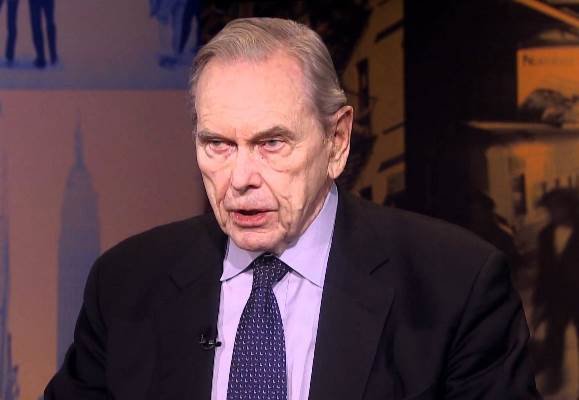It’s strictly unclear that Trump would seek review of JCPOA: Richard Murphy
Murphy says allies would not join U.S. if Trump abrogates nuclear deal

TEHRAN - Richard W. Murphy, the former U.S. ambassador to Syria and Saudi Arabia, says allies would not join the United States if the Trump administration rescinds the nuclear deal negotiated between Iran, the five permanent members of the UN Security Council, Germany, and the European Union.
The international nuclear deal, officially called the Joint Comprehensive Plan of Action (JCPOA), has been endorsed by the UN Security Council.
"U.S. allies would not likely join him if he decides to abrogate the JCPOA," Murphy tells the Tehran Times.
Murphy says, “Trump has derided the JCPOA as poorly negotiated but has not repeated an early statement that he would tear it up.”
Trump’s Secretary of State Rex Tillerson, during his confirmation hearing, said the U.S. would seek a revision of the nuclear deal.
The European Union, which is tasked to monitor the implementation of the accord, has dismissed a revision of the JCPOA. The French foreign minister who also visited Iran recently rejected any review of the deal.
“Whether he will seek further negotiations or emphasize his intention to enforce the existing agreement strictly is unclear,” says Murphy, who retired in 1989 after serving 34 years in the U.S. Foreign Service.
The former diplomat also says the Trump administration has no intention to undermine or abandon NATO. “I do not believe that he intends to weaken NATO much less to abandon it. NATO remains essential to the peace and stability of Europe and America benefits from its presence.”
On why Trump moved quickly to suspend negotiations by the United States in the 12-nation Trans-Pacific Partnership trade deal, Murphy said, “He (Trump) prefers to negotiate separate trade deals” with the countries who are members of the deal.
China was not a member of the TPP.
“Some say that he (Trump) has therefore opened the door wider to China in the markets constituted by the proposed TPP group,” Trump notes.
The former diplomat is also of the opinion that the United States’ policy toward Beijing would not undergo major changes under the new administration. Murphy also downplayed the telephone call between the Taiwanese leader and Trump before he officially takes office, saying it would not mean a change in one-China policy followed by Washington since decades ago.
“The one China policy remains American policy. His readiness to answer a congratulatory call from Taiwan's President does not change that policy but seems to have been intended as a reminder to China that there is a new President in Washington.”
Leave a Comment